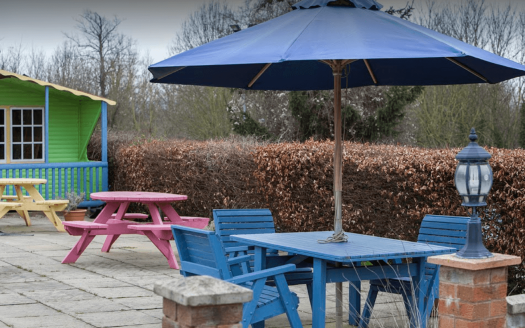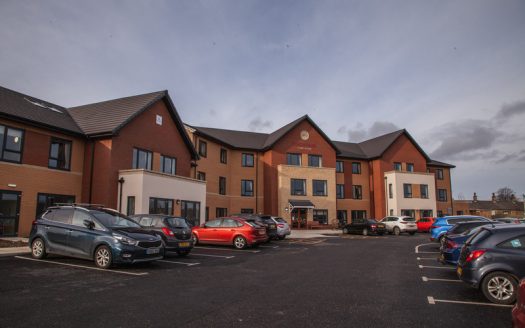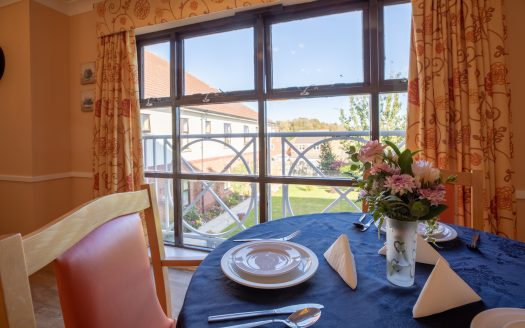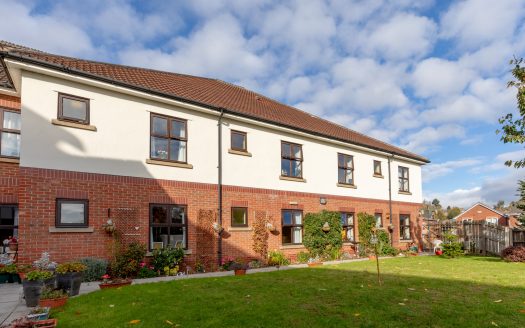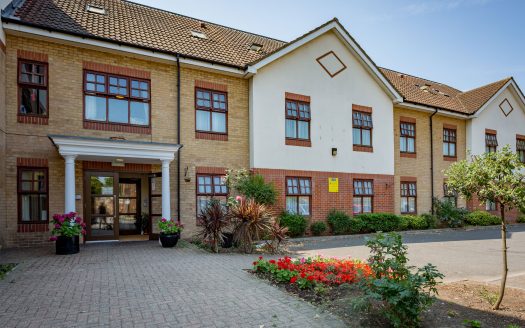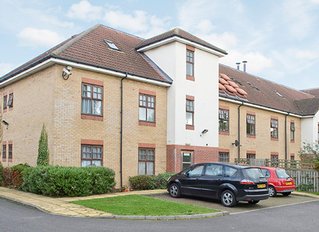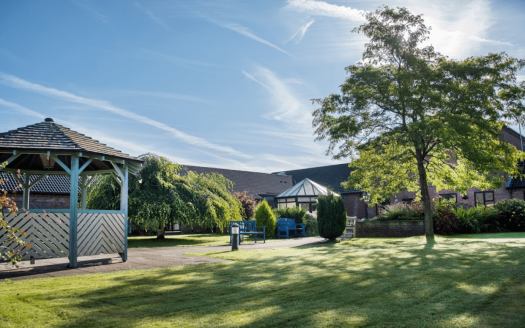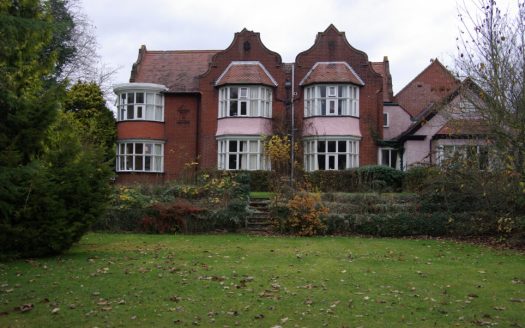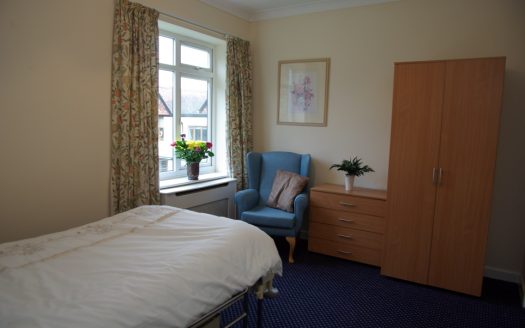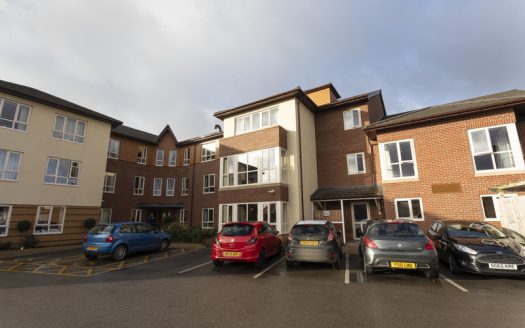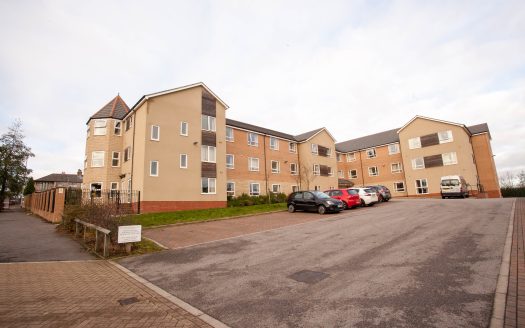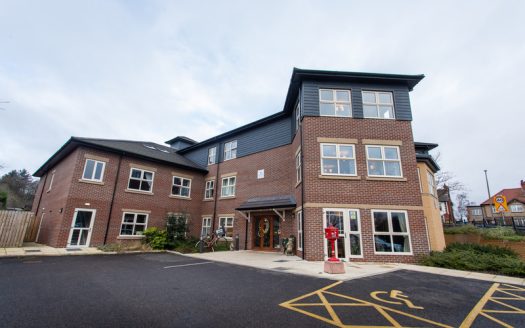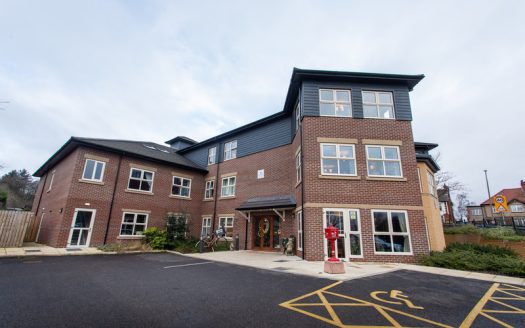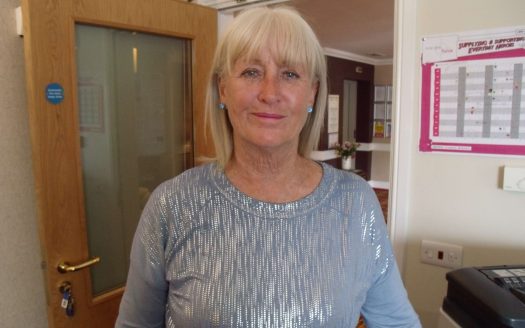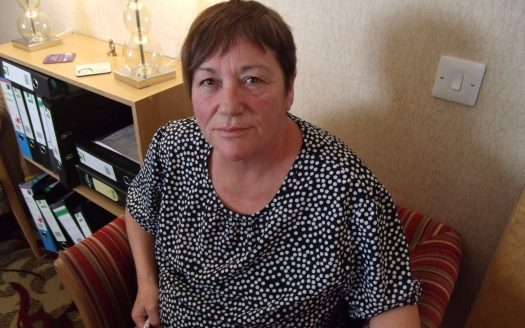Elderly Care
Making the move into assisted living can often seem like a daunting process, but at Bondcare Care Homes we make sure it is as comfortable and smooth as possible.
- FAQs
Read some of our frequently asked questions
All residents are entitled to change care homes if their current one isn’t the right fit for them – perhaps they are struggling with the adjustment or the location has hindered their family from visiting as regularly as they’d like. Referring to the terms and conditions of the contract will prevent any problems so that this is a smooth process.
Being surrounded by items from home can allow new residents to feel more comfortable and settled. At Bondcare, we welcome small items of furniture – such as a favourite armchair – and other treasured belongings – including photographs – so residents can personalise their rooms. All electrical items will be PAT tested and furniture will undergo a fire risk assessment to protect the safety of our residents and staff.
Our staff would be happy to show you around the home, but it is always advisable to book ahead to ensure that someone will be available to guide you around and provide you with all of the information you need to know.
Our staff would be happy to show you around the home, but it is always advisable to book ahead to ensure that someone will be available to guide you around and provide you with all of the information you need to know.
Visiting one of our homes is easy, either make an appointment with the home manager or simply drop in to be shown around!
Follow us on Facebook
Placing your loved one into elderly care, or facing up to the fact that such care is needed, can be a difficult and potentially overwhelming time, so it’s important that you are aware of the various options available to you.
What types of care are available for my elderly relative?
There are several different types of care available for elderly people depending on their needs. Bondcare owns and operates various homes across the country which provide different types of care for residents, including:
- Dementia care for various types of dementia including Alzheimer’s
- Physical disability care
- End of life care
- Nursing care
- Residential care
Is a residential care home right for my relative?
Residential care is right for people who need help with daily living, but who are able to retain some independence. Residential care homes provide round-the-clock care for residents, provided by registered and qualified care assistants. The care assistants will help residents with dressing, eating, washing and socialising, but they also encourage residents to maintain some independence in their day-to-day lives if possible. Each resident in a residential care home will have their own individual plan of care – if they are in receipt of medication, it will be offered to them as per the times stated on their prescription.
Is a care home with nursing right for my relative?
Care homes with nursing are for people who need 24/7 nursing and residential care. The homes have access to GPs and physiotherapists for additional support, and each resident’s every need is cared for, including specially-designed beds for comfort and mobility aids where required. Nursing homes are right for people with mobility issues, disabilities and long-term medical conditions, including:
- Long-term illnesses
- Dementia
- Huntington’s disease
- Parkinson’s disease
- Those recovering from serious injuries
- Those in palliative care
In Bondcare’s care homes with nursing, residents have access to 24/7 care from qualified nurses, and there are plenty of facilities for socialising and relaxation, including gardens, hair salons and activities such as shopping trips and games to keep everyone stimulated. Residents receive three meals a day from a nutritious, tasty menu of dishes prepared by professional chefs.
What can I expect from a Bondcare care home?
Bondcare is absolutely committed to providing the highest standards of care across each and every one of our care homes. All of our care assistants hold NVQ (National Vocational Qualification) or RQF (Regulated Quality Framework) to level 2 or 3.
Our care assistants are on hand to assist residents with various aspects of everyday life, from washing and dressing to eating, drinking, and mobility. While this assistance is available whenever required, we do encourage our residents to maintain independence where possible, whether that’s through dressing themselves or mingling and socialising with other residents, and taking part in social activities. If your loved one is in receipt of medication, we’ll provide them with it at the times suggested on their prescription.
Residents are allowed to bring personal items into their rooms, such as photos and trinkets, and they can even bring in their own furniture with a prior agreement. We know how much of a change it is to move into a residential home, and so we do everything we can to make each resident feel as welcome as possible.
Is elderly care tax deductible? Can I claim for it?
Elderly care is not usually tax deductible, so you cannot claim any care home fees you pay against your income tax bill. However, depending on your circumstances, your local council may be able to fund some of the cost of elderly care for your loved one. This process is means tested – the council calculates the total cost of the care, evaluates it against your total income – including pensions – and determines how much you must pay towards the cost of the care. The test also looks at how much capital you have – things like savings and, in some cases, property. However, property is not always eligible for inclusion in the means test. Certain types of income, such as disability benefits, are excluded from the means test.
- If your capital exceeds £23,250, you must pay the full cost of care.
- If your capital is between £14,250 and £23,250, you will pay a contribution from your income such as pensions and a ‘tariff’ based on your capital between £14,250 and £23,250. The council will fund the rest.
- If your capital is below £14,250, you will contribute from any income included on the means test, and the council will fund the rest.
How can I get NHS-funded elderly care?
People with ongoing significant physical or mental health needs or primarily health-based care needs may be eligible for NHS funding (known as NHS continuing healthcare, or NHS CHC). If they do not meet the NHS CHC criteria, but they still have nursing requirements, then the NHS can make a contribution directly to the nursing home – known as NHS-funded nursing care (NHS FNC).
In order to establish whether or not your loved one meets the criteria, their needs will be assessed by the NHS. If you think your loved one may be eligible for NHS CHC, speak to their GP to arrange for an assessment. Please click here to read more about NHS-funded care.
Bondcare are proud providers of the highest standards of elderly care in our care homes across the country, with numerous residential care homes and care homes with nursing around the UK. To find your nearest care home, click here. To speak to us about the types of care we offer, please contact us today – we’re always happy to help.
Find a Care home providing 24/7 Residential Care, Alzheimer's Care, Dementia Care, Residential Care, Respite Care
View our Homes specialising in Elderly Care
- Types of Care
- 24/7 Nursing Care
- 24/7 Residential Care
- Acquired Brain Injury Support
- Alzheimer's Care
- Autism Care
- Bipolar Disorder
- Challenging Behaviours
- Complex Epilepsy Support
- Dementia Care
- Disability Care
- Drug And Alcohol Misuse Care
- Elderly Care
- End Of Life Care
- Head/Brain Injury Care
- Huntington's Disease
- Learning Disability Care
- Mental Health Care
- Motor Neurone Disease
- Multiple Sclerosis
- Nursing Care
- Palliative Care
- Parkinson's Disease
- Physical Disability Care
- Post Stroke Care
- Re-Enablement
- Residential Care
- Respite Care
- Sensory Impairment Care
- Specialist Care
- Substance Misuse Support
- Supported Living
- Young Adults Support
- Younger Adults Care
- Categories
- Long-Term Stay
- Palliative Care
- Recovery Care
- Respite Care
- Short Term Stay
- States
- Cities
- Ashton-under-Lyne
- Barnsley
- Benwell
- Bicton Heath
- Billingham
- Birmingham
- Bradford
- Burton-on-Trent
- Carlton
- Castleford
- Cheltenham
- Cheswardyne
- Cleckheaton
- Dagenham
- Dartford
- Dewsbury
- Doncaster
- Drayton
- Eastington
- Elton
- Feltham
- Fordcombe
- Halifax
- Hayes
- Huddersfield
- Husbands Bosworth
- Ilford
- Kilmarnock
- Leeds
- London
- Luton
- Middlesbrough
- Newbiggin-by-the-Sea
- Normanton
- Okehampton
- Oldham
- Oswestry
- Pontefract
- Romford
- Scunthorpe
- Sheffield
- Shildon
- Shiplake
- Skelmersdale
- Southall
- Southampton
- Southwell
- Stapenhill
- Thamesmead
- Thornton Heath
- Thorpe St Andrew
- Wakefield
- Wargrave
- Washington
- Wednesbury
- Willington, Crook
- Wirral
- Wolverhampton
- Worcester
- Areas
- East Midlands
- Gloucestershire
- London
- North East
- North East|Stockton-on-Tees
- North West
- Scotland
- South East
- South West
- Staffordshire
- West Midlands
- West Yorkshire
- West Yorkshire|Yorkshire
- Wirral
- Yorkshire
- Price High to Low
- Price Low to High
- Newest first
- Oldest first
- Newest Edited
- Oldest Edited
- Bedrooms High to Low
- Bedrooms Low to high
- Bathrooms High to Low
- Bathrooms Low to high
- Default
Ashurst Park Care Home
You can contact Jomina Gilles via phone: 01892 709 000
Beech Court Care Centre
You can contact Mary Zuwaradoka via phone: 01582 439420
Beechcare Care Home
You can contact Steph Larby via phone: 01322 628000
Birch Park Care Home
You can contact Jacqui Foxton via phone: 0151 644 0777
Chatsworth Grange Care Home
You can contact Nic Ibbotson via phone: 0114 235 8000
Derwent Lodge Care Home
You can contact Vincent Munieza (Carolyn Hope) via phone: 020 8844 2975
Meadowbrook Care Home
You can contact Elle O’Hara via phone: 01691 653000
Oak Park Care Home
You can contact Paula Whitely via phone: 01924 459 514
Summerfield House Care Home
You can contact Coral Abrahams via phone: 01484 426 650
Sycamore Park Care Home
You can contact Mandie Vickers via phone: 0161 626 8522
The Glynn Living
You can contact Jessa Avail via phone: 020 8832 8600
Willow Park Care Home
You can contact via phone:
Frequently Asked Questions:
All residents are entitled to change care homes if their current one isn’t the right fit for them – perhaps they are struggling with the adjustment or the location has hindered their family from visiting as regularly as they’d like. Referring to the terms and conditions of the contract will prevent any problems so that this is a smooth process.
Being surrounded by items from home can allow new residents to feel more comfortable and settled. At Bondcare, we welcome small items of furniture – such as a favourite armchair – and other treasured belongings – including photographs – so residents can personalise their rooms. All electrical items will be PAT tested and furniture will undergo a fire risk assessment to protect the safety of our residents and staff.
Our staff would be happy to show you around the home, but it is always advisable to book ahead to ensure that someone will be available to guide you around and provide you with all of the information you need to know.
Every new resident to the care home will be assessed to ensure they receive the right type of care catered to their individual needs. Following this, a care plan will be created which sets out how the staff at the home will meet those needs for a comfortable stay. Care plans are typically reviewed on a monthly basis and are updated in the event there are any changes.
This will depend on your individual financial situation and care needs. If your finances total below a certain threshold, your local authority can contribute towards your fees – this can differ between countries in the UK, so make sure you familiarise yourself with this first. There are also some benefits options available that care home residents can claim, and the NHS also provides support with nursing care fees, too.
Should residents decide to bring small items of furniture or personal belongings, we are unable to accept responsibility in the event that they are lost or damaged, unless security precautions at the home have been compromised. It is strongly recommended that you arrange suitable contents insurance if you do decide to bring such items along with you.
Recommended by our families
My mum is a resident at this home, the staff are helpful and friendly. Despite her dementia and regular falls, all staff do everything to help with her quality of life. The food is lovely and regular entertainment and activities keep everyone active.
Birch Tree Manor Care Home
Our Associations


Support
Our Company
Get in touch
-
Bondcare House
18 Lodge Road
London NW4 4EF - [email protected]
- 020 8202 2277









